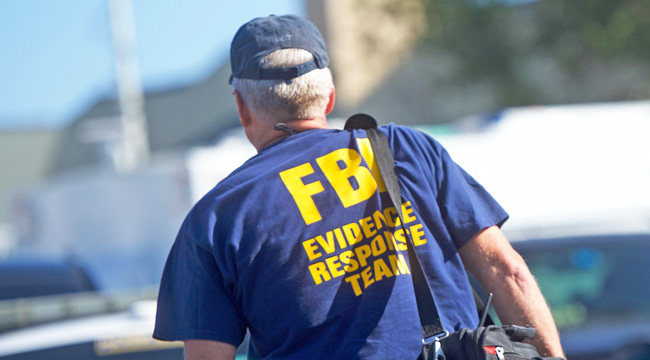
Over the weekend, the FBI arrested Oklahoma resident Jerry Drake Varnelll for attempting to detonate a bomb in a stolen cargo van outside a bank in Oklahoma City. Varnell ran into trouble when the bomb didn’t go off. It was fake.
According to the criminal complaint against Varnell, during a months-long undercover operation, Varnell repeatedly referenced how much he hated the federal government. Varnell, who is allegedly a Three Percenter, the anti-government right-wing extremist group named for their belief that only three percent of the colonists fought in the American Revolution, apparently also admired Oklahoma City bomber Timothy McVeigh.
Unlike McVeigh, Varnell seemed at least partially concerned with the potential loss of human life but said it might be unavoidable. According to the Washington Post, Varnell revealed multiple potential targets in D.C., Maryland, and Texas before settling upon Oklahoma City’s BancFirst building. He also “expressed a desire to blow up buildings” (at night, when fewer people were around), and here’s more:
On June 26, Varnell discussed the possibility that people could be killed, and said, “You got to break a couple of eggs to make an omelet,’’ according to the complaint.
“That’s why people don’t do this s— because, you know, you got to be able to overcome that little reality there,” he said, according to the complaint.
Varnell watched the construction of the fake bomb Friday night and then drove it over to an alley near the bank building. Shortly after midnight, he attempted to detonate the device remotely and was soon after arrested.
The FBI has a long history of undercover stings like these. Proponents say that the phony plots take potential terrorists out of the pool that actual terrorists can use to recruit and also make it harder for real terrorists to recruit since undercover stings are becoming so common. Opponents of the technique think it is nothing more than entrapment, though very few defendants in those cases have been able to successfully make that argument.
(Via Washington Post)
